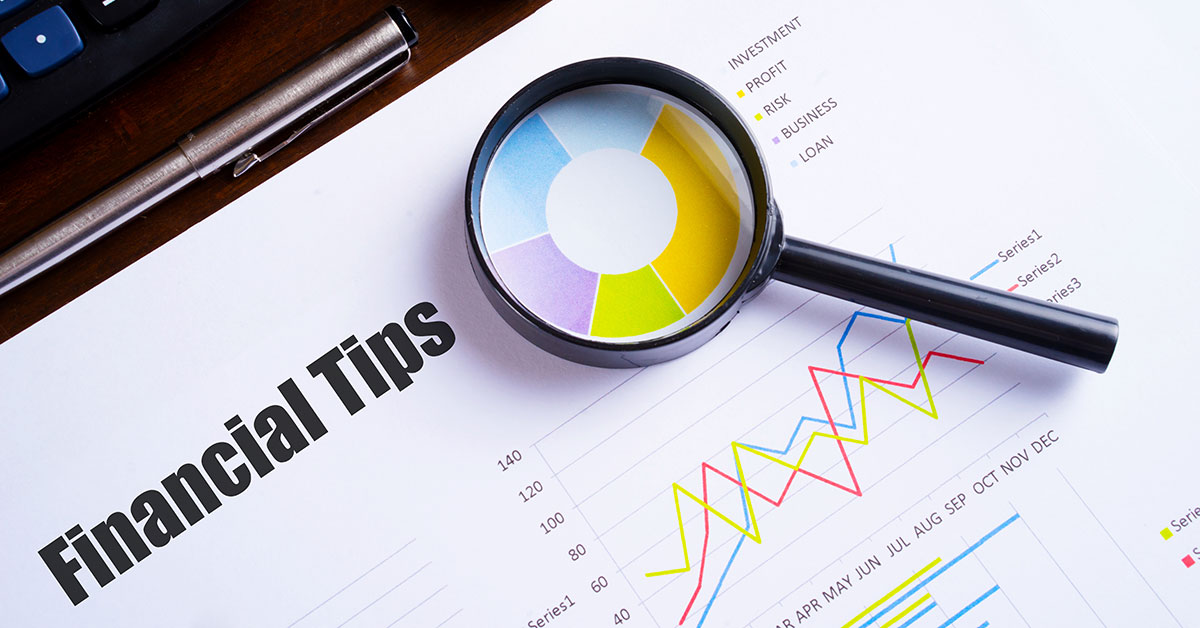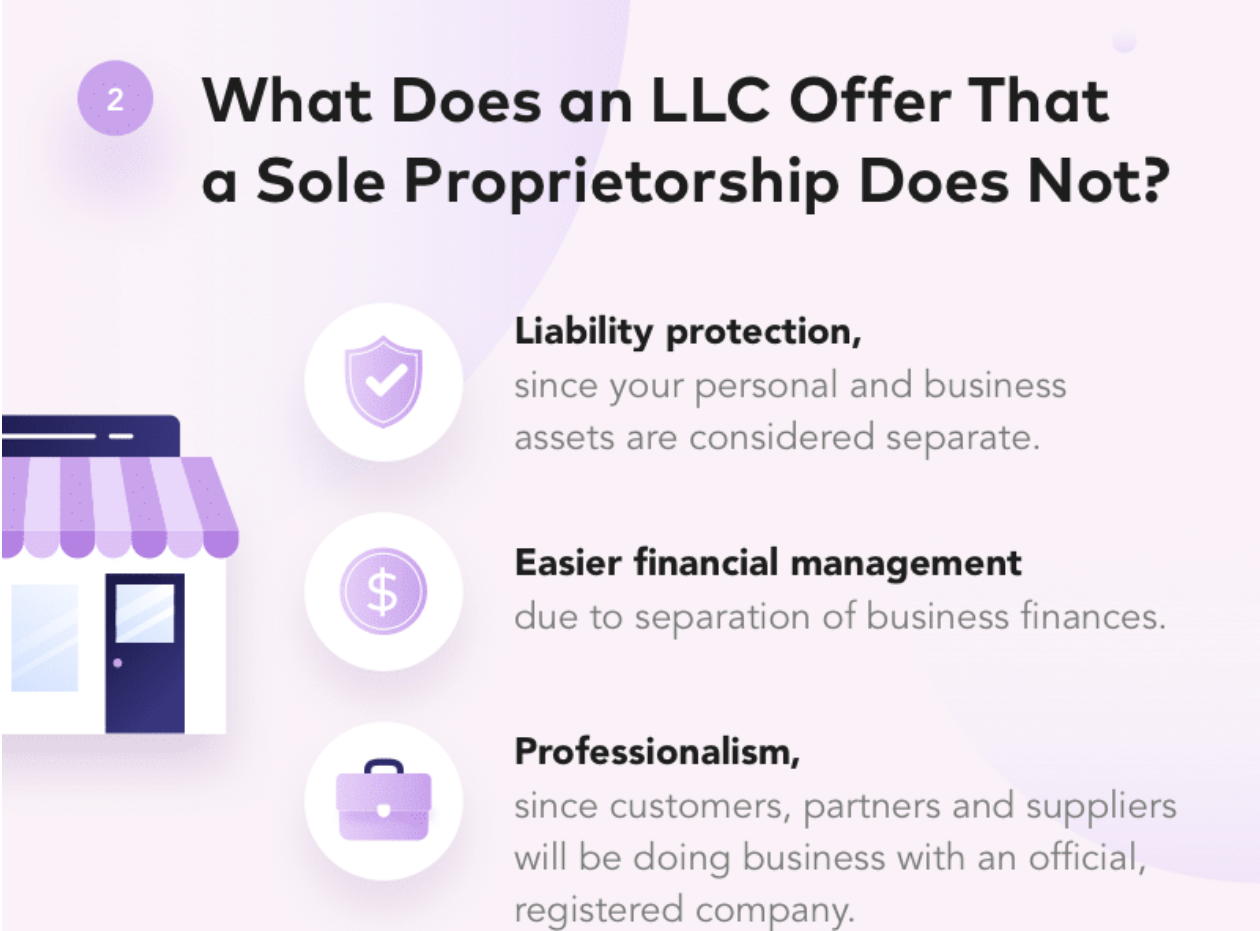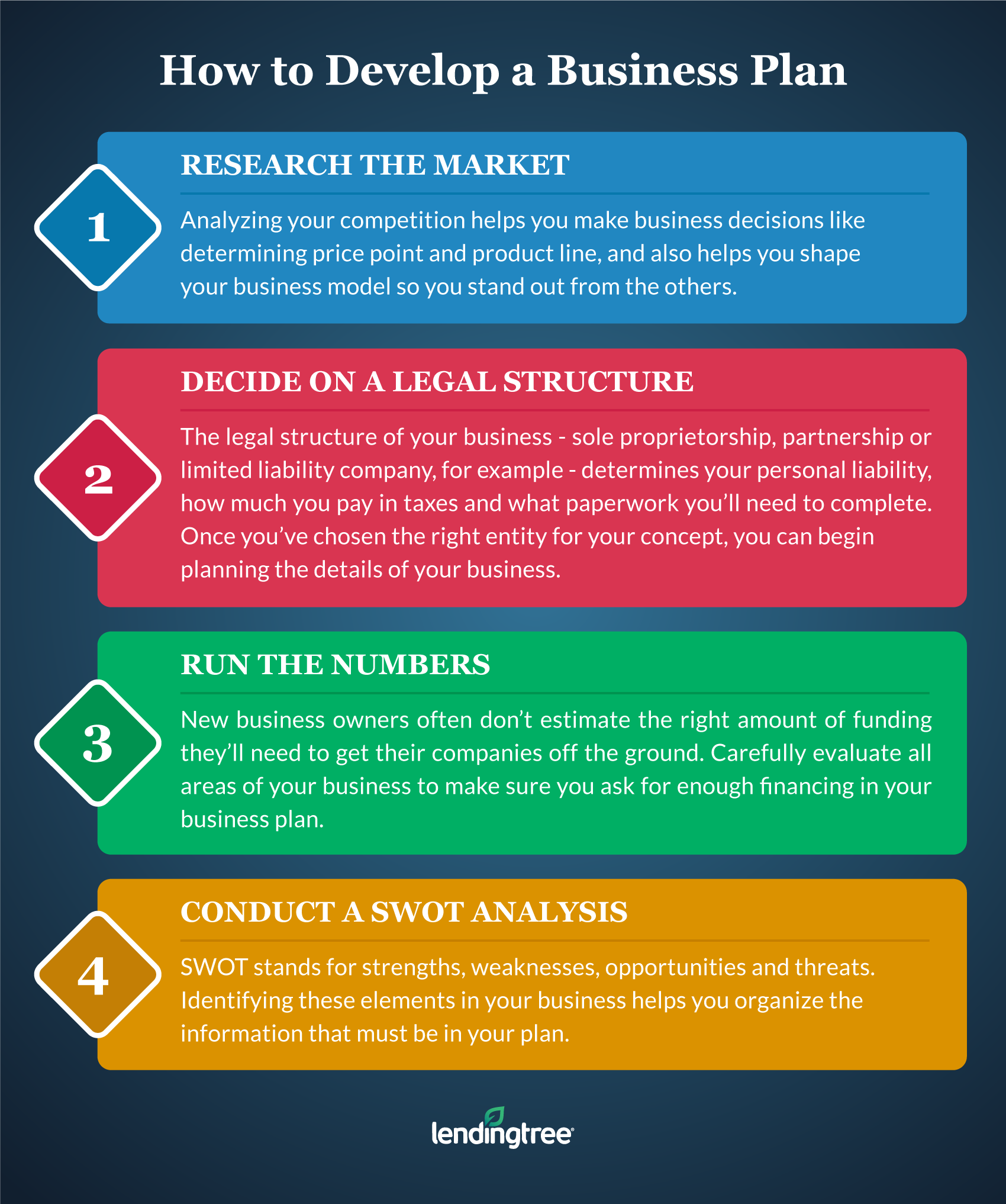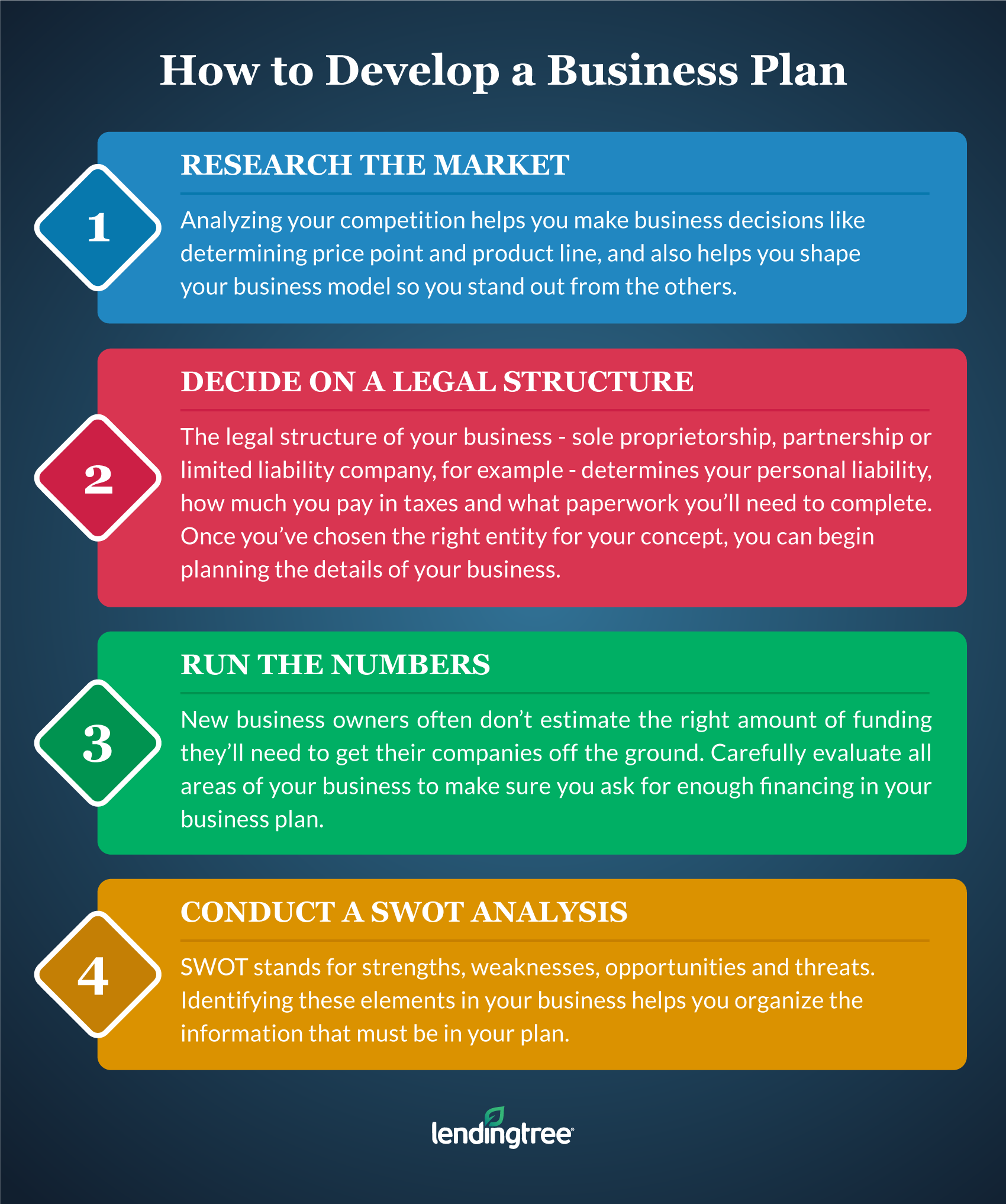
Personal Finance for Business Owners: Master Your Money, Secure Your Future
Being a business owner is exhilarating. You’re building something from the ground up, pursuing your passion, and creating value. But amidst the excitement of growing your enterprise, it’s easy to let your personal finances take a backseat. Unlike traditional employees who have stable paychecks, employer-sponsored benefits, and clear distinctions between work and life, entrepreneurs often face a blurry line between their business and personal money.
This blurred line, if not managed carefully, can lead to significant stress, financial instability, and even jeopardize your business itself. That’s why mastering personal finance is not just a good idea for business owners – it’s an absolute necessity.
This comprehensive guide will break down personal finance for entrepreneurs into easy-to-understand concepts, helping you build a solid financial foundation for both your life and your business.
Why Personal Finance Matters More for Entrepreneurs
You might be thinking, "My business is my baby! All my energy should go there." While dedication to your business is crucial, neglecting your personal finances can have direct, negative impacts on your entrepreneurial journey.
- Stress Reduction: Financial worry is a leading cause of stress. When your personal finances are in disarray, that anxiety inevitably spills over into your business decisions. A clear personal financial picture allows you to make more rational, less emotionally charged business choices.
- Business Stability: Your personal financial health is intrinsically linked to your business’s health. If you’re constantly pulling money out of the business for personal emergencies, or if your personal debt is overwhelming, it can cripple your business’s cash flow and growth potential.
- Clearer Decision-Making: Separating your money allows you to accurately assess your business’s profitability and make informed strategic decisions, free from the immediate pressures of your personal needs.
- Future Security: As a business owner, you don’t have a corporate pension or a 401(k) match automatically. You are responsible for creating your own safety nets and retirement funds. Proactive personal financial planning ensures you have a secure future, independent of your business’s day-to-day fluctuations.
The Golden Rule: Separate Your Business & Personal Finances
This is arguably the most critical piece of advice for any business owner. Commingling funds (mixing personal and business money) is a recipe for disaster.
Why Separation is Key:
- Legal Protection: For many business structures (like LLCs or Corporations), separating finances protects your personal assets from business liabilities. If your business is sued, your personal savings, home, and car could be at risk if you don’t maintain this separation.
- Tax Clarity: It makes tax time infinitely easier. You’ll have clear records of business income and expenses, simplifying deductions and reducing the risk of errors or audits.
- Accurate Financial Picture: You can truly understand your business’s profitability and your personal spending habits when the money isn’t mixed. This clarity is essential for making smart decisions.
How to Achieve Separation:
- Open Separate Bank Accounts: Get a dedicated checking and savings account for your business, distinct from your personal accounts.
- Get a Business Credit Card: Use it only for business expenses. This further helps with tracking and separation.
- Pay Yourself a Salary (or Owner’s Draw): Decide on a consistent amount to pay yourself from your business account to your personal account. This could be a fixed salary (if your business structure allows) or a regular owner’s draw. Treat it like you’re an employee of your own company.
- Avoid Using Personal Funds for Business Expenses (and Vice Versa): If you must use a personal card for a business expense, immediately reimburse yourself from the business account. Document everything!
Navigating Variable Income: Budgeting for Business Owners
One of the biggest challenges for entrepreneurs is inconsistent income. Some months are boom, others are bust. Traditional budgeting advice often falls flat. Here’s how to adapt:
1. The "Pay Yourself First" Principle (with a Twist)
Instead of just paying your bills, prioritize saving and investing before you spend.
- Set a Personal Salary/Draw: As mentioned, determine a consistent amount you need for personal living expenses each month. This is your "salary."
- Automate Savings: Once your "salary" hits your personal account, immediately transfer a percentage to your savings, emergency fund, and investment accounts.
2. Build a Robust Emergency Fund (for Both!)
You need two emergency funds:
- Personal Emergency Fund: Aim for 6-12 months of personal living expenses. This covers your household bills if your business income dips or if you face a personal crisis (illness, job loss for a partner, etc.).
- Business Emergency Fund: This is crucial for your business’s survival. Aim for 3-6 months of business operating expenses. This buffer helps you weather slow periods, unexpected costs, or invest in growth opportunities without dipping into personal savings.
3. Implement a "Buffer" or "Income Smoothing" Account
When you have a great month, don’t spend it all.
- Set Aside Excess: After paying your personal salary, business expenses, and contributions to both emergency funds, put any excess profit into a separate "Income Smoothing" or "Buffer" savings account.
- Draw from the Buffer: In leaner months, you can draw from this buffer account to ensure you can still pay yourself your consistent salary and cover essential business costs, without stressing.
4. Track Your Personal Spending Religiously
You can’t manage what you don’t measure.
- Use Budgeting Tools: Apps (like Mint, YNAB, Personal Capital), spreadsheets, or even a simple notebook can help you categorize every dollar you spend.
- Identify Spending Habits: Understand where your money is actually going. This allows you to identify areas for reduction if needed.
5. Create a "Minimum Viable Living" Budget
Know the absolute minimum you need to survive personally each month. This is your baseline and helps you understand your true financial risk.
Smart Spending & Debt Management for Business Owners
Managing your personal spending and debt is critical for freeing up cash flow and reducing financial pressure.
1. Prioritize High-Interest Personal Debt
- Credit Cards: These are often the biggest drain. Focus on paying them down aggressively using strategies like the debt snowball (paying smallest balance first) or debt avalanche (paying highest interest rate first).
- Personal Loans: Understand the terms and work to pay them off.
2. Be Wary of Personal Guarantees
When taking out business loans, you might be asked for a personal guarantee. This means if your business can’t repay the loan, you are personally responsible. Understand the risks before signing.
3. Distinguish Between Wants and Needs
As an entrepreneur, every dollar counts. Be mindful of discretionary spending. Can you reduce dining out, subscriptions, or impulse buys?
4. Build a Good Personal Credit Score
While your business will have its own credit score, your personal credit score is often still checked for business loans, leases, and even some vendor agreements, especially for newer businesses.
- Pay bills on time.
- Keep credit utilization low.
- Check your credit report regularly for errors.
Building Wealth: Saving & Investing for Your Future
As a business owner, you are solely responsible for your retirement and long-term wealth accumulation. The good news is there are excellent options designed specifically for you.
1. Retirement Planning: Your Future Self Will Thank You
Forget the traditional 401(k). Here are common options for self-employed individuals:
- SEP IRA (Simplified Employee Pension IRA): Easy to set up, high contribution limits. Best for solo entrepreneurs or those with very few employees.
- Solo 401(k) (or Individual 401(k)): Allows you to contribute as both an employee and an employer, leading to even higher contribution limits. Excellent for solo entrepreneurs.
- SIMPLE IRA (Savings Incentive Match Plan for Employees IRA): Good for small businesses with up to 100 employees, offering matching contributions.
- Traditional or Roth IRA: Standard IRA options you can contribute to alongside business-specific plans, or if your business is very new and income is low.
Key Action: Start early, contribute consistently, and maximize your contributions whenever possible.
2. Diversify Your Investments
Don’t put all your eggs in one basket (even if that basket is your amazing business).
- Stocks & Bonds: Invest in a diversified portfolio of mutual funds or ETFs that align with your risk tolerance and time horizon.
- Real Estate: Consider real estate as a long-term investment, separate from your business operations.
- Other Assets: Explore other investment avenues once your core portfolio is solid.
3. Set Long-Term Personal Financial Goals
Beyond retirement, what are your other dreams?
- Buying a home?
- Funding your children’s education?
- Traveling the world?
- Achieving financial independence?
Define these goals and create a savings plan for each.
Essential Protections: Insurance for Entrepreneurs
As an entrepreneur, you lose the safety net of employer-sponsored benefits. You need to build your own.
1. Health Insurance
This is non-negotiable. A major medical event without coverage can wipe out your personal and business savings.
- Healthcare Marketplace (ACA): Explore options and subsidies on your state’s exchange.
- Professional Organizations: Some industry groups offer health insurance options for members.
- Direct from Insurers: You can purchase plans directly from insurance companies.
- Spousal Coverage: If your spouse has a traditional job, explore being added to their plan.
2. Disability Insurance
If you can’t work due to illness or injury, how will you pay your personal bills?
- Short-Term Disability: Covers a few weeks to a few months.
- Long-Term Disability: Essential for prolonged periods of inability to work. This protects your income stream.
3. Life Insurance
If people depend on your income (spouse, children), life insurance is vital.
- Term Life Insurance: Provides coverage for a specific period (e.g., 20 or 30 years). Usually more affordable and sufficient for most families.
- Whole Life Insurance: Permanent coverage, often with a savings component, but more complex and expensive.
4. Business Insurance (Brief Mention)
While this article focuses on personal finance, understand that proper business insurance (general liability, professional liability, property insurance, workers’ comp) also protects your personal assets by safeguarding your business from catastrophic events.
Taming the Tax Beast: Personal & Business Tax Strategies
Taxes are inherently more complex for business owners. Ignoring them is a costly mistake.
1. Pay Estimated Taxes
As a business owner, taxes aren’t automatically withheld from your pay. You’re responsible for calculating and paying estimated quarterly taxes to the IRS (and your state, if applicable).
- Underpayment Penalties: Fail to pay enough throughout the year, and you’ll face penalties.
- Plan Ahead: Set aside a percentage of every payment you receive into a separate tax savings account. Consult a tax professional to determine the appropriate percentage.
2. Understand Deductions (Personal vs. Business)
- Business Deductions: Many business expenses are deductible, reducing your taxable business income. This is why meticulous record-keeping is so important.
- Personal Deductions: Don’t forget standard personal deductions and credits that can lower your individual tax liability.
3. Maximize Retirement Account Contributions
Contributions to SEP IRAs, Solo 401(k)s, and traditional IRAs are often tax-deductible, reducing your current taxable income.
4. Keep Meticulous Records
This cannot be stressed enough. Every income stream, every expense (business and personal), every receipt. Use accounting software or a spreadsheet to track everything. This will save you countless hours and potential headaches at tax time.
5. Work with a Qualified Tax Professional
Unless you’re an accountant yourself, this is an area where professional help is invaluable. A good CPA or Enrolled Agent specializing in small businesses can:
- Help you choose the right business structure for tax efficiency.
- Identify all eligible deductions.
- Ensure accurate quarterly payments.
- Navigate complex tax laws.
Planning for the Unexpected: Estate Planning Basics
It’s uncomfortable to think about, but what happens to your business and your personal assets if something happens to you?
1. Create a Will
This document dictates how your personal assets (home, savings, investments) will be distributed after your death. Without one, the state decides.
2. Consider a Trust
A trust can offer more control over how and when assets are distributed, potentially avoiding probate (the legal process of validating a will) and offering privacy.
3. Appoint Powers of Attorney
- Financial Power of Attorney: Designates someone to make financial decisions on your behalf if you become incapacitated.
- Healthcare Power of Attorney: Designates someone to make medical decisions on your behalf.
4. Business Succession Plan
Crucially, what happens to your business?
- Do you want it sold?
- Passed to a family member or partner?
- Closed down?
Having a plan in place ensures your hard work doesn’t go to waste and provides clarity for your loved ones.
When to Seek Professional Guidance
While this article provides a strong foundation, there will come a time (or several times) when professional advice is invaluable.
- Financial Advisor (Fee-Only Fiduciary):
- Help you create a comprehensive financial plan.
- Assist with investment strategies and retirement planning.
- Provide objective advice tailored to your goals.
- Look for a fee-only fiduciary, meaning they are legally bound to act in your best interest and are compensated directly by you, not by commissions.
- Accountant or Tax Professional (CPA/EA):
- Essential for tax planning, preparation, and compliance.
- Can advise on business structure and deductions.
- Business Coach or Consultant:
- While not directly personal finance, a healthy, profitable business makes personal finance easier. They can help with business growth and strategy.
- Attorney:
- For setting up your business entity, drafting contracts, and estate planning documents.
Conclusion: Take Control, Build Your Legacy
Personal finance for business owners isn’t just about managing money; it’s about building resilience, reducing stress, and creating a stable platform from which your business can truly thrive. It’s about securing your personal future so you can pour your passion into your professional endeavors without constant financial worry.
By implementing the strategies outlined in this guide – separating your finances, budgeting for variable income, building robust emergency funds, investing wisely, protecting yourself with insurance, taming taxes, and planning for the future – you’ll empower yourself to make smarter decisions, grow your wealth, and ultimately achieve the financial freedom that allows you to truly enjoy the fruits of your entrepreneurial labor.
Start small, stay consistent, and remember: your personal financial health is the bedrock of your business success. Take control today, and build the life and legacy you envision.
What are your biggest personal finance challenges as a business owner? Share your thoughts in the comments below!




Post Comment